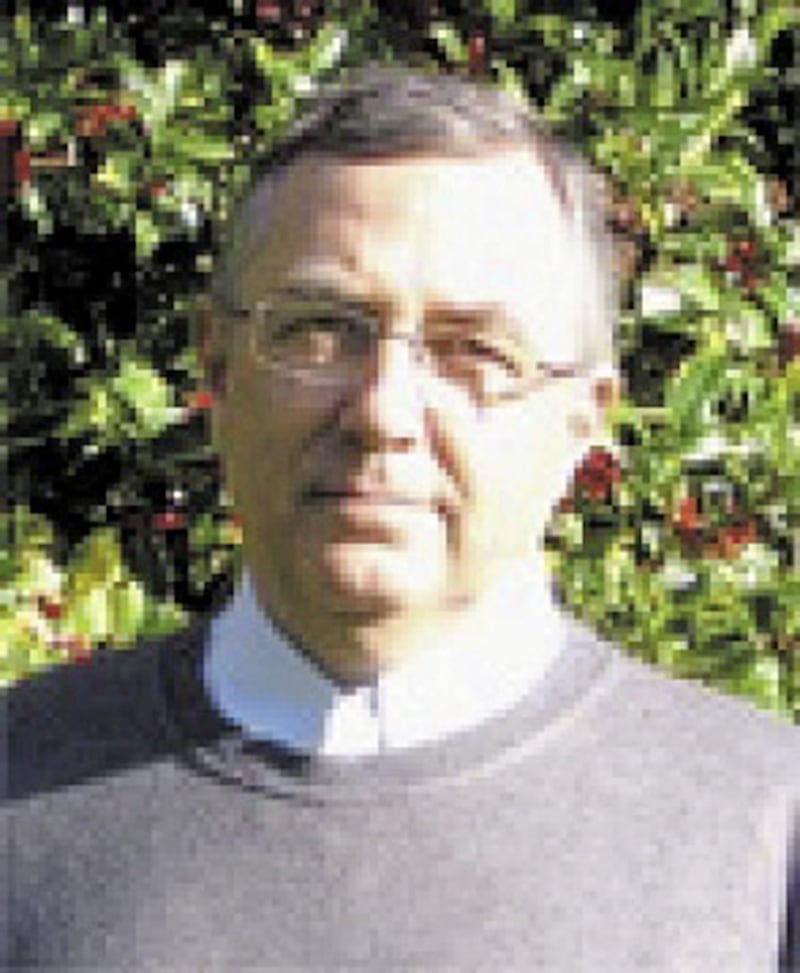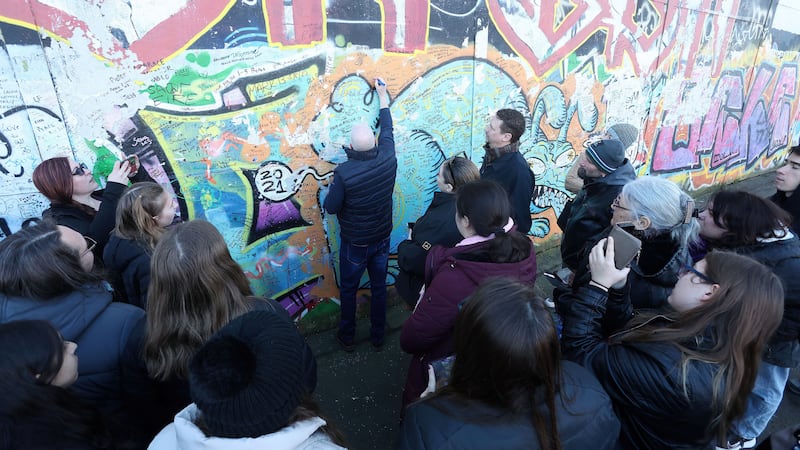THE month of January is perhaps an appropriate time of the year to consider the very notion of 'beginning'.
For January is now generally and publicly accepted throughout the world as the beginning of a new year.
Other ways of marking the passage of time can certainly be found, but they appear to have now at most only nostalgic significance as relics of bygone times.
Who now remembers very vividly, even in France, the new calendar the revolutionaries attempted to introduce in the early 1790s?
Closer to home, the privilege of being the specific day on which the year was to start used to belong to 'Lady Day' (March 25), a fact reflected in the way the British tax year still begins on April 6, the equivalent date in the reformed Gregorian calendar to the corresponding date (March 25) in the earlier Julian calendar.
Lady Day itself actually marked the start of the year in England for almost 600 years, until the late adoption of the Gregorian calendar in 1752 when the year (for Great Britain and her colonies) was declared to begin when it still does, on January 1.
And for over two and a half centuries the year has begun unproblematically on January 1, a date that now seems as permanent a feature of life as almost anything can reasonably be expected to be.
While the various changes in how time has been measured over the centuries are today maybe of merely antiquarian interest, what seems a more interesting feature of the human observation of time is the unchanging significance attached to the idea itself of a beginning, however calculated.
How otherwise are the exuberant celebrations that regularly attend the start of a so-called 'new year' right across the world to be explained?
Such celebrations seem to point to a profound human desire or need to celebrate the very notion of a 'beginning', arbitrary though the beginning of the year undoubtedly is when one considers the multiple ways in which time's seemingly interminable flow has in fact been envisaged over the millennia in western and other cultures.
It is no secret that the concept of a beginning is central to western religious traditions.
The opening book of the Bible itself starts with a reference to the 'beginning' ("In the beginning God created the heavens and the earth"), as also indeed does the Gospel of John, with its deliberate echo of Genesis ("In the beginning was the Word").
Nevertheless, when one tries to define a beginning, an obviously insurmountable difficulty immediately appears.
Maybe that difficulty is implicitly reflected in the apparent arbitrariness with which different cultures have tried to pinpoint their own remote beginnings and subsequently the way they wish to record the passing of time.
The difficulty in question is simply the fact that in order to define a 'beginning' one would have to observe it from 'outside' or 'before' or 'beyond' it, and that in turn would appear to involve an intrinsic contradiction.
If a 'beginning' is genuine, nothing surely can precede it. And if something does precede it, then it cannot be a true 'beginning'.
'Origin' perhaps captures more graphically the sense that all that exists can be perceived as having a source beyond itself, a source that is itself without origin, and this source is, for Christianity, God
Small wonder then that certain cultures, like that of the ancient Greeks, saw the world as itself eternal, without any beginning, and thus avoided the need to try to explain what an absolute beginning might be or might look like.
One could naturally argue that, when people speak of a beginning, the notion is always simply being used in a relative, not an absolute, sense.
All the beginnings we experience are preceded by other forces that make their emergence possible in the first place.
But if so, why all the excitement, as at New Year, about beginnings, if they are not real beginnings at all?
Could it be that the notion of a 'beginning' is a faint echo of the notion of 'origin'? And that 'origin' is the weightier concept?
Granted, the terms are often used interchangeably, but 'origin' perhaps captures more graphically the sense that all that exists can be perceived as having a source beyond itself, a source that is itself without origin, and this source is, for Christianity, God.
It is no doubt possible to refuse to look beyond what actually exists and dismiss any further questioning about it as literally pointless.
But just as the origin of each person lies beyond that individual, so it is tempting to extrapolate from this fact to the conclusion that the origin of life as such lies beyond it, real but inconceivable.
But still, why all the excitement involved in celebrating beginnings, like new years and birthdays, rather than just rationally noting their annual occurrence or rather recurrence?
The answer might be that such events remind us, even if only subliminally, of the inexplicable and seemingly fortuitous nature of existence itself, whose ultimate source is elusive and yet also seems undeniably real.
There is no obligation, of course, to be surprised or delighted at the fact of finding oneself alive and to want to celebrate this baffling reality.
Seeing life as a catastrophe that is unfortunately irreversible is also a psychological and emotional possibility.
However, while there may well be nothing new under the sun, even the relative newness of a new year can perhaps be sensed as a pointer to the perennial newness of God whose attraction we cannot escape and in whom we might also hope to find an end that will be genuinely new.
Martin Henry, former lecturer in theology at St Patrick's College, Maynooth, is a priest of the diocese of Down and Connor









